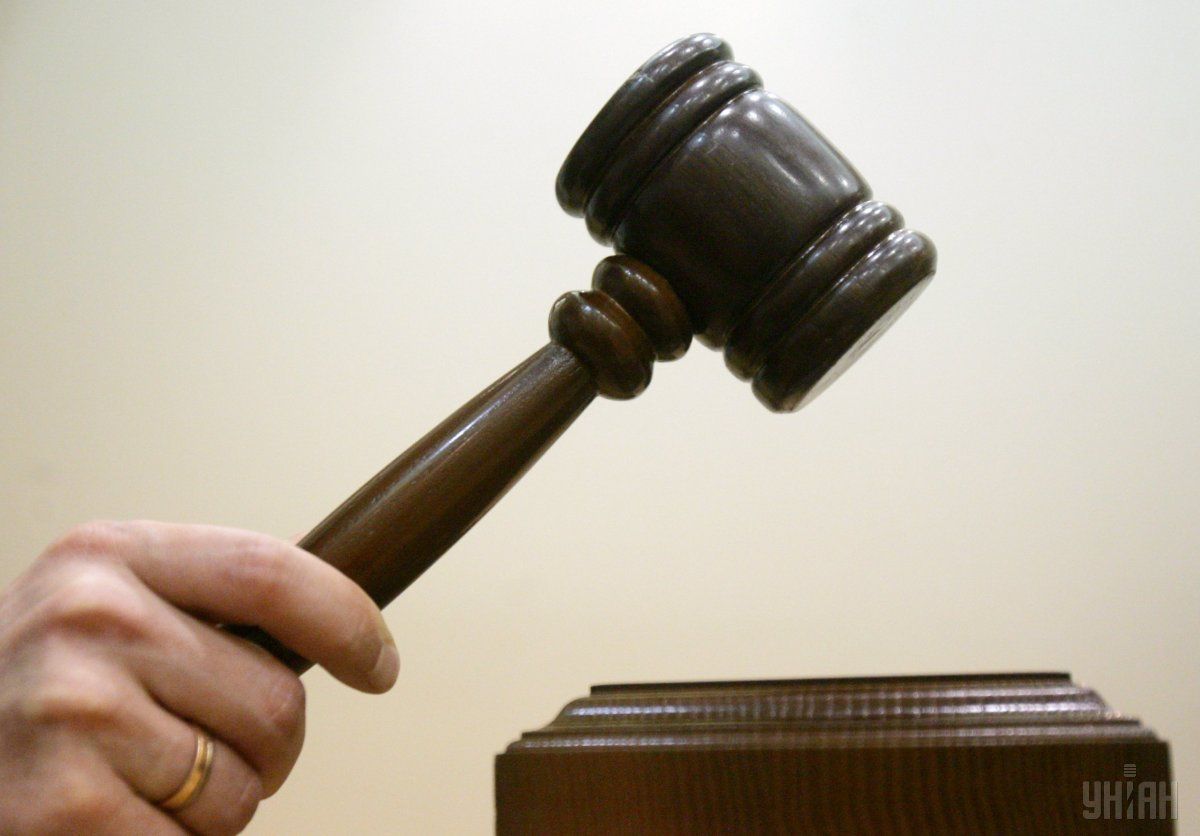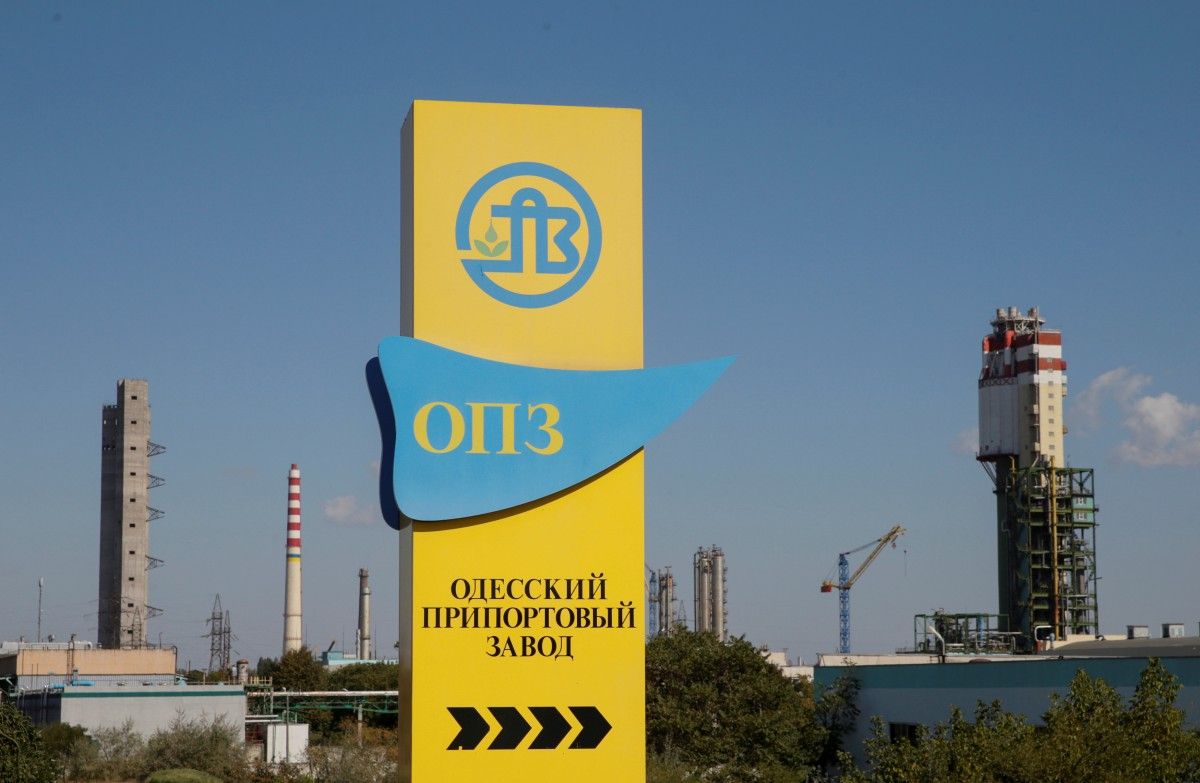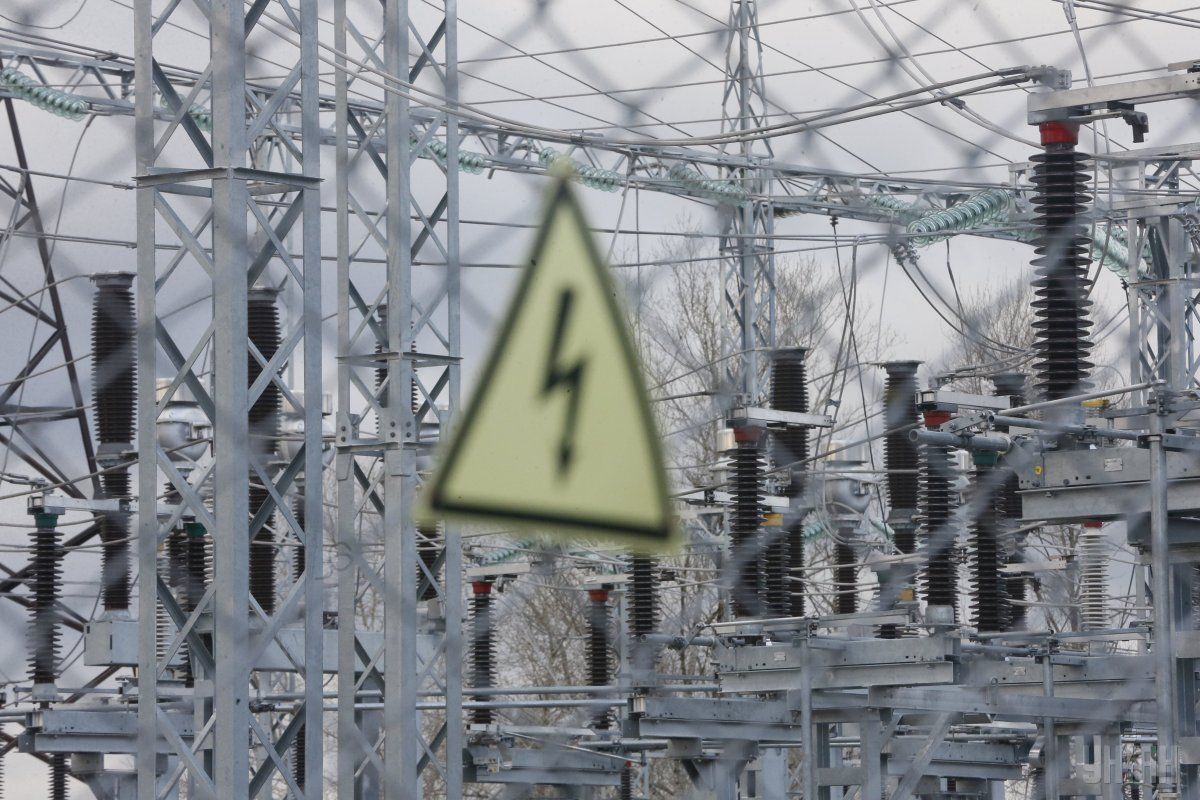
Privatization failure of 2016. Is Ukraine ready to draw conclusions?
Grand privatization of 2016 was yet another failure. There were several reasons for such a shameful result- the lack of interest of foreign investors due to the ongoing Russian aggression, as well as macroeconomic instability. However, Ukrainian officials have not "climbed out of their way" to effectively sell state assets.
Big sale of state assets in 2016 has not succeeded, just as it hasn’t back in 2014-2015. The authorities sought to raise quite a decent amount of money (UAH 17 billion) but in reality, the state treasury saw a ridiculous UAH 330 million in privatization revenues, which is a mere 2% of the plan.
The major bulk of the revenue in 2016 came with the sale of Miheyivska (UAH 52.5 million) and Kostyantynivska (UAH 64 million) hydroelectric power plants. Perhaps these two biddings were the most successful ones over the past few years: more than 15 participants, a big hike of the starting price, transparent conditions, and prompt signing of the purchase and sale contracts with the winners.
In addition, the State Property Fund (SPF) sold the Ukrainian Bank for Reconstruction and Development (UBRD), which was on the verge of its liquidation by the National Bank (NBU). Only the second attempt to sell the asset was a success, after its starting price was lowered by a third, to UAH 82.8 million. And this was the sum paid for it by the only bidder - China's Bohai Commodity Exchange (BOCE).
The arrival of a big foreign investor is expected to breathe new life into the bank. BOCE has announced plans to attract Chinese and Ukrainian experts to develop UBRD, to make it a trusted platform for trade transactions between Ukrainian and Chinese companies, that’s according to BOCE CEO Yang Dong Sheng. The investor has already signed a contract of sale and the bank provided the necessary capital to work.
However, the main milestones of the past year were the SPF’s unsuccessful attempts to sell the pearl of Ukrainian chemical industry - Odesa Portside Chemical Plant (OPP), which is slowly starting to rust down due to the suspension of operations.

OPP. Double failure
The SPF made two attempts to sell OPP in 2016 – in July and December.
The starting price was the main difference between the auctions’ conditions. In July, it amounted to UAH 13.2 billion, while in December it was lowered to UAH 5.2 billion, to attract investors.
According to the SPF, more than 10 investors were interested in each of these two biddings. With some of them, a non-disclosure agreement was signed to provide detailed information on financial performance of the enterprise.
In December, in contrast to July, some companies even made statements of intent to participate in the competition. Thus, the Ukrainian oil company Ukrnaftoburinnia, Cyprus-based Glenshee Holdings, the U.S.-based IBE Trade, and the investment company from the UAE Amjad Investments have all announced plans to buy the plant. But all of them withdrew just ahead of the auction.
The reason for such a reverse move was the OPP’s significant debt to Ostchem owned by a Ukrainian businessman Dmytro Firtash in the amount of $251 million and another UAH 500 million in debt before Naftogaz of Ukraine. Moreover, the debt to the latter company was growing by the day and by year-end amounted to UAH 1.5 billion.
Moreover, the debt to Ostchem was confirmed both by the auditors and the Stockholm arbitration. However, there is no information on how the SPF and OPP defended their rights in the international court. It seems that Ukraine is not interested in resolving the dispute in its favor in order to reduce the debt burden.
It is possible that choice of an adviser tasked with preparing OPP to the privatization was a poor one. As the Swiss bank UBS was chosen as such adviser back in 2015, its main representative was a man named Anton Potapenko who comes from UBS's Moscow office. It is worth noting that after the consultant took all financial information as the IPF, and for investors. The fact that all financial information both on the OPP and the investors went through this consultant who is working in the capital of the aggressor state, which sparked considerable indignation among some participants and carried a risk of a failure of the bidding.
Another important reason for the failure of the OPP sale is a drop of a fertilizer market, which may lead to the OPP being unprofitable for the next few years. In view of the unstable economic and political situation in Ukraine, the investor is simply afraid to make long-term investments.
After it became clear that the OPP sale failed, Prime Minister Volodymyr Groysman went down hard on the SPF management. "This is not within the Cabinet’s competence but I would fire all of you. How could one manage state property so stupidly?" he said.
But this statement did not scare SPF head Ihor Bilous, who said he would not resign and was ready to make a detailed report on his performance before the Government.
At the moment, the fate of one of Ukraine’s largest chemical producers remains unknown. On December 30, the OPP announced a temporary suspension of production, while its long-term head Valeriy Horbatko announced resignation.
At the same time, the SPF and the government continue to seek options for future operations of the plant, as in the existing conditions, another privatization attempt in the near future will also be a failure. As the SPF head noted, the mechanisms of OPP lease are considered, as well as a tolling scheme of operations, or a transfer to the management of some company which has the cheapest gas. There are also some companies willing to rent a loss-making business with multibillion-dollar debts.
Privatization of regional power companies: first the law, then the auction

Privatization of major regional power companies in 2016 can be characterized by a single word: delay.
The SPF initially scheduled to sell Khmelnytskoblenergo, Mykolaivoblenergo, Kharkivoblenergo, and Ternopiloblenergo in June 2016. Next the list was supplemented by another two power companies: Zaporizhiaoblenergo and Cherkasyoblenergo, while their privatization deadline was moved to October-December.
Now the SPF is planning to start selling power companies in January-February 2017. Moreover, the December decree of the Ukrainian Cabinet extended the privatization of six power companies until late November 2017.
The SPF says that the reason of constant delays is the lack of adequate legislation for the investment attractiveness of Ukraine’s power companies. To start the process of privatization of these companies, three components are needed: the laws on the independence of the National Energy and Utilities Regulation Commission, legislation on the electricity market, and the introduction of incentives in tariffs.
So far, only the first point was performed: the Verkhovna Rada in the fall of 2016 adopted a bill on NEURC’s independence and the president has already signed it into law.
The bill on the electricity market, which provides for the introduction of a tougher competition in this area, was only adopted in its first reading. Experts believe that the Parliament will consider it as a whole in February or March 2017.
NEURC is dealing with the introduction of incentives in tariffs. The head of the regulator, Dmytro Vovk, predicts the transition to more stimulating tariffs from the second half of 2017, but only in respect of a part of power companies. The importance of this step lies in the fact that the power companies will receive an additional resource for modernization. This means that their investment attractiveness will grow as well. Meanwhile, this could lead to an increase in electricity tariffs for consumers, and this, in turn, will require political will.
According to SPF chief Ihor Bilous, as soon as another two points are performed, his agency could put the power companies for sale as early as possible. He says that some 10 foreign investors are interested in each of them, but they are all expecting the adoption of the necessary regulatory documents.
Blurry plans for 2017

Despite the failure of privatization for the third consecutive year, the government is still stubborn in building global plans for the sale of state assets, drawing the same figure of UAH 17 billion of privatization revenues in the latest budget.
The Cabinet decided to extend the list of assets set for privatization by 300 companies. The new list includes Turboatom, Electrotyazhmash, State Food and Grain Corporation, Ukrspirt, United Mining and Chemical Company, and Zaporizhia Titanium-Magnesium Works.
Meanwhile, the potential sale of some enterprises remains a controversial issue, as they are stable and profitable companies. For example, Turboatom is quite a successful state-owned enterprise, which in January-September received UAH 587.4 million of net profit. The SPF previously noted that it had put Turboatom for sale for the sole purpose of analyzing its performance. Bilous did not rule out Turboatom’s merger with Electrotyazhmash in the shape of a consortium to increase its competitiveness in the international market.
In turn, the agricultural giant SFGCU is an unprofitable corporation: in January-September 2016, the company reported UAH 567 million of net loss.
Its potential buyer may make it its key partner, China’s State Industrial Corporation CCEC. "CCEC is considering this proposal and they have no reason not to agree," said the acting head of SGFCU, Borys Prykhodko.
Another major, but scandalous, enterprise, which can be sold in 2017 is Ukrspirt. The company last year received UAH 16 million of net profit, although in 2014 its financial report saw UAH 532 million of net loss. Ukrspirt for the past few years has been in a spotlight of various corruption scandals. In 2012-2015, the State Financial Inspection revealed violations worth UAH 2.3 billion. At the same time, the company has been working without a CEO for several years already, while all attempts to choose a new leader at a competition have failed.
In addition, the complexity of selling Ukrspirt lies in the fact that it consists of distilleries scattered all over the country. Only a third of 41 plants still operate. Therefore, the main thing for the buyer will not be the company itself, but the license for alcohol production, which will enable the company to upgrade the existing distilleries and building new ones.
Combined Mining and Chemical Company manages property of Volnohirsk Mining and Metallurgical Combine and Irshansk Mining and Processing Plant. This is a real tidbit for businessmen engaged in the extraction and processing in the metallurgical sector.
But the decision to privatize the company has yet to be agreed by the Verkhovna Rada. Former head of the State Property Fund Oleksandr Bondar believes that the MPs are unlikely to support the sale of new facilities, as in the two years since the beginning of large-scale privatization, the SPF was unable to sell any large companies. Moreover, the deputies could have "their own interests" in strategic enterprises which have been put up for sale.
But even if a miracle happens and the Rada allows selling strategic state assets, it should be remembered that these enterprises need to be prepared for the sale – assessment and audit must be carried out, advisers must be hired, and the circle of investors must be studied. This may take months.
As a result, privatization plans for the year 2017 are once again a huge challenge. From among strategic assets, only regional power companies might be sold. And that’s if the lawmakers and the NEURC promptly approve the regulations required.
Besides, the main obstacle to the implementation of privatization plans - corruption - has not been rooted out. The so-called “interested parties” will keep struggling to interfere with sales of state property, considering it their exclusive "fiefdom." At the same time, they cause losses to the state and devalue these assets.
"The main reason of delays are corruption-related. Officials do not wish to sell assets, as they feed on the money flows there. Privatization will only be possible if there is political will," said the expert of the debt securities sales department at Dragon Capital, Serhiy Fursa.
It is absolutely clear that Ukraine cannot do without privatization. But to make the sale of the remaining state-owned assets a successful and profitable venture for the state, it is necessary to attract top level foreign investors. And this requires that privatization be fair, transparent, as well as free of corruption, scandals and shady games. If these conditions are not achieved, all the efforts to improve the investment attractiveness will come to naught.
Vitaliy Chuyko (UNIAN)

